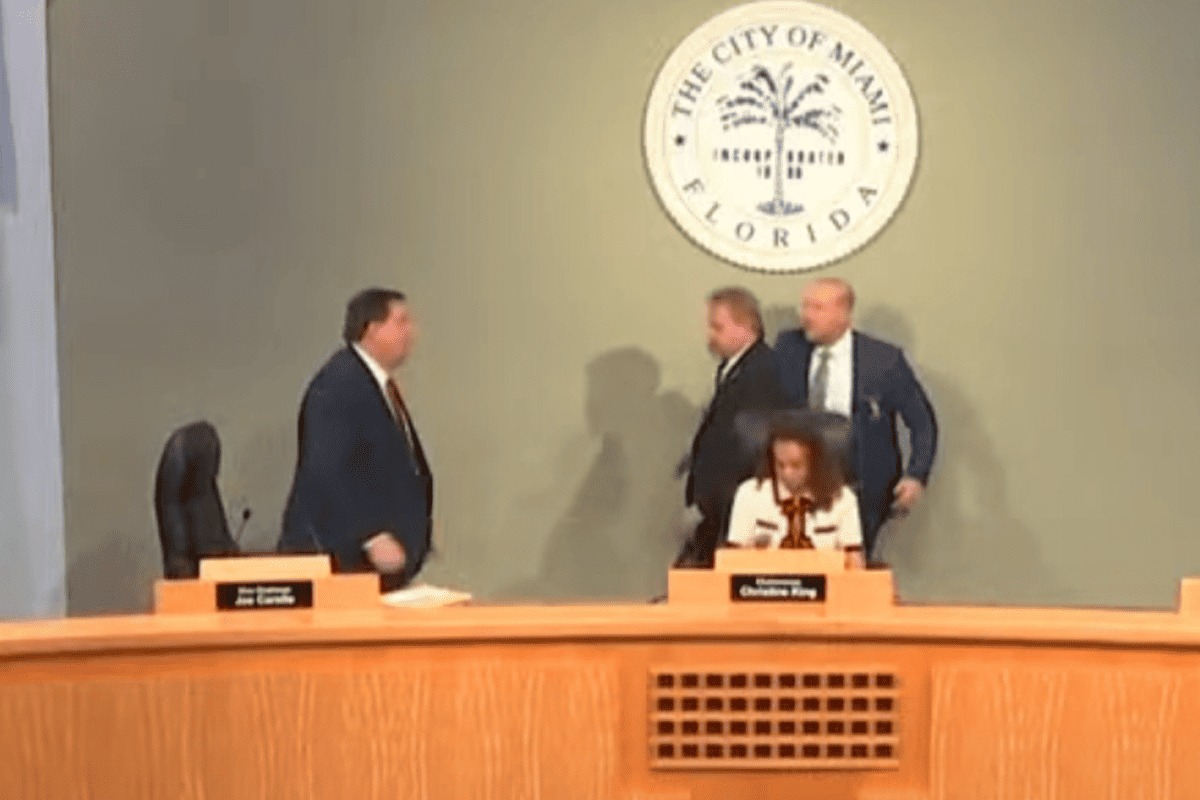Miami-Dade monitors water quality, some beach pollution high
Advertisement

Miami’s internationally renowned beaches are garnering attention for a less-than-glamorous reason as a new report ranked one waterfront location among popular US beaches with the highest bacteria levels.
Recent test results have shown that some beaches have exceeded standards for enterococci bacteria levels, which can affect water quality and pose a health risk to beachgoers. Released at the end of May, the Surfrider Foundation 2022 Clean Water Report ranked the Park View kayak launch in Miami Beach among the sites with the most polluted water, with 85% of samples collected failing to meet the state health standards.
Enterococci bacteria are introduced to beach water in several ways, including stormwater runoff, animal waste and improperly maintained sewage systems. While the US Environmental Protection Agency says enterococci are typically not considered harmful to humans, their presence in the environment may indicate that other disease-causing agents such as viruses, bacteria and protozoa may be present.
The foundation’s Blue Water Task Force, the largest volunteer-run beach water testing program in the country, tested several beaches and kayak launches around Miami. Over the past 12 months, Morningside Park, Miami’s Little River Pocket Park and the Park View kayak launch repeatedly failed to meet health standards. Park View kayak launch was by far the worst, with only 24% of samples collected over the past year meeting standards.
Residents and visitors to Miami are facing the possibility of water quality concerns at the city’s beaches that could impact their summer beach plans. The county is closely monitoring water quality and taking proactive measures to address any issues.
The Miami-Dade County Health Department monitors water quality at public beaches every week. If tests indicate unacceptable bacteria levels, advisories are issued and posted online. The latest data reported shows five of 41 beaches across the county have higher than acceptable levels of enterococcus bacteria. The list includes the beach at 53rd Street, Surfside at 93rd Street, Collins Park at 21st Street, Crandon Park South and Golden Beach.
The county is taking several measures to address these concerns, including increasing public education efforts, inspections of storm drains and other sources of pollution and continually updating the online system to inform the public of water quality issues.
Miami residents and tourists are advised to check the county’s website for updated information on beach closures and water quality levels when planning summer activities.


